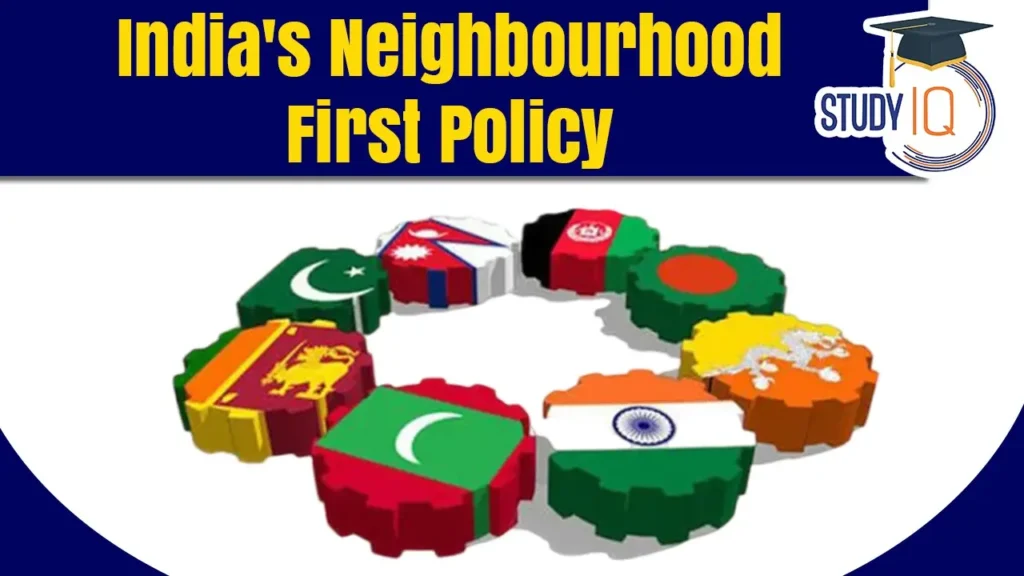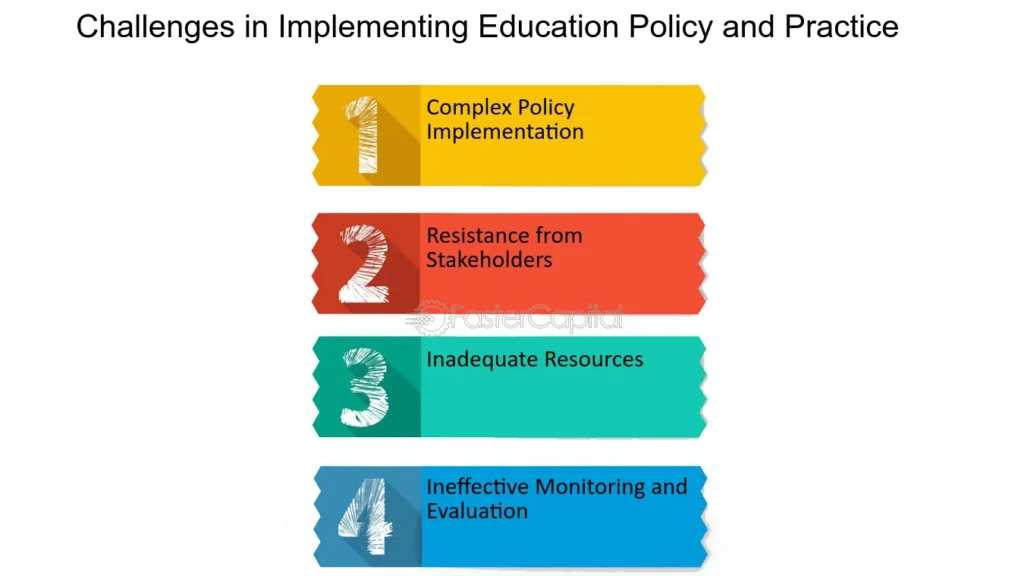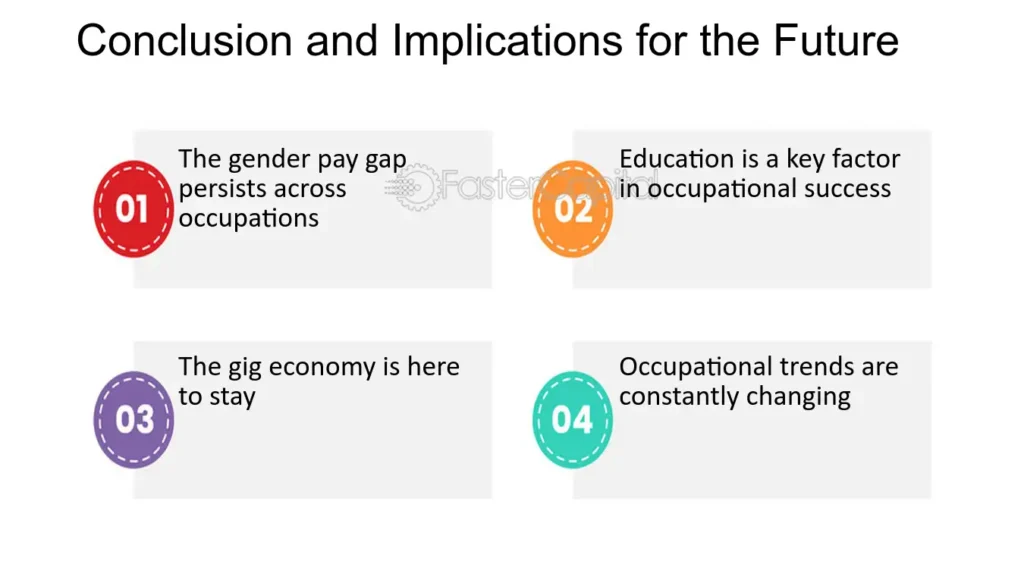Today news headlines Modi’s Neighborhood First Policy 12 https://www.hindustantimes.com/
Since coming to power in 2014, Prime Minister Narendra Modi has championed a foreign policy vision known as the “Neighborhood First” policy. This initiative prioritizes strengthening relationships with neigh boring countries, fostering regional stability, and promoting economic cooperation. While some critics suggest that this policy is driven by political motives, a closer examination reveals that its fundamental goal is to ensure stability in South Asia, a region marked by historical complexities and geopolitical tensions.

Historical Context
India’s foreign policy has evolved significantly over the decades. Initially rooted in non-alignment, it shifted in the 1990s towards a more pragmatic approach, especially after the economic liberalization of 1991. The South Asian region has long been characterized by issues such as territorial disputes, terrorism, and political instability. Recognizing that India’s security and prosperity are interconnected with those of its neighbors, Modi’s government established the Neighborhood First policy as a framework to enhance diplomatic ties and foster regional cooperation.

Objectives of the Policy https://www.hindustantimes.com/
1 **Strengthening Bilateral Relations** A central aim of the Neighborhood First policy is to build strong bilateral relationships with neigh boring countries. This involves engaging in high-level visits, signing trade agreements, and promoting cultural exchanges that foster mutual understanding.
2 **Economic Cooperation** Economic stability is crucial for regional development. The policy promotes trade with neigh boring countries, facilitates investments, and supports regional connectivity projects. Initiatives under frameworks like the South Asian Association for Regional Cooperation (SAARC) aim to enhance economic collaboration.
3 **Security Cooperation** In a region plagued by security threats such as terrorism and insurgency, security cooperation is vital. India has engaged in intelligence sharing, joint military exercises, and diplomatic dialogues to address these common challenges.
4 **Crisis Management** The policy emphasizes the need for effective crisis management frameworks. By fostering trust and establishing communication channels, India aims to respond promptly to emergencies, be they natural disasters or political conflicts. Today news headlines Modi’s Neighborhood First Policy 12

Key Partnerships https://www.hindustantimes.com/
1 **Nepal** India has historically enjoyed deep cultural and historical ties with Nepal. The Modi government has sought to strengthen these bonds through infrastructure development and economic cooperation, such as investments in hydropower projects.
2 **Bangladesh** Relations with Bangladesh have improved significantly, with the resolution of border issues and increased trade agreements. India’s assistance during crises, including the COVID-19 pandemic, has reaffirmed its commitment to a stable and cooperative relationship.
3 **Bhutan** The partnership with Bhutan remains robust, with India providing development assistance and supporting Bhutan’s economic resilience. This relationship is pivotal for regional stability, given Bhutan’s strategic location.
4 **Sri Lanka** With growing Chinese influence in Sri Lanka, India has actively worked to restore ties by engaging in development projects and supporting Sri Lanka’s sovereignty, thereby ensuring its own strategic interests in the Indian Ocean region.
5 **Maldives** After a period of diplomatic strain, the Modi government has restored relations with the Maldives through high-level visits and support for democratic processes, underscoring India’s commitment to regional stability.
6 **Afghanistan** Although Afghanistan presents unique challenges, India has consistently supported its development through humanitarian aid. The evolving political landscape requires India to maintain its presence and influence in the region.Today news headlines 12
Table of Contents
Today news headlines 12

Challenges to the Policy Today news headlines 12
Despite its objectives, the Neighborhood First policy faces significant hurdles:
1 **China’s Growing Influence** China’s Belt and Road Initiative has expanded its reach in South Asia, complicating India’s relationships with its neighbors. Balancing this geopolitical rivalry while promoting regional stability is a challenge for India.
2 **Domestic Political Factors** Domestic politics in neigh boring countries can strain relations with India. Nationalist sentiments and historical grievances can be leveraged by local political actors, making collaboration difficult.
3 **Security Threats** The persistent threat of terrorism poses a significant challenge. India has faced numerous attacks linked to groups operating from neigh boring countries, necessitating a robust security approach.
4 **Economic Disparities** Varying economic capacities among South Asian countries can hinder collaboration. India’s stronger economy must be balanced with the developmental needs of its neighbors to foster meaningful partnerships. Today news headlines 12

Impacts of the Policy Today news headlines 12
1 **Enhanced Regional Cooperation** The Neighborhood First policy has facilitated increased dialogue among South Asian nations, creating opportunities for addressing common challenges collaboratively.
2 **Strengthened Economic Ties** Trade and investment flows have improved, contributing to greater economic stability. Infrastructure projects aimed at enhancing connectivity have fostered deeper economic integration.
3 **Crisis Response Frameworks** The policy has established mechanisms for coordinated responses to emergencies, allowing for quicker action during natural disasters and other crises. Today news headlines 12
4 **Cultural Diplomacy** Cultural exchanges and initiatives promoting people-to-people connections have strengthened India’s soft power in the region, fostering mutual respect and understanding. Today news headlines 12

Conclusion Today news headlines 12https://indianexpress.com/
Modi’s Neighborhood First policy represents a strategic shift in India’s foreign policy, prioritizing stability and cooperation over mere political maneuvering. By focusing on building strong ties with neigh boring countries, India aims to create a secure and prosperous South Asia. While challenges remain, the policy’s emphasis on economic cooperation, security collaboration, and crisis management underscores India’s commitment to fostering a stable regional environment.
As geopolitical dynamics evolve, the Neighborhood First policy will be essential in shaping India’s interactions with its neighbors. By focusing on shared interests and collective security, Modi’s vision has the potential to transform South Asia into a more stable and cooperative region, ultimately benefiting all its inhabitants. This approach reaffirms the notion that a stable neighborhood is not only vital for India’s security but also essential for sustainable growth and development in South Asia as a whole. Today news headlines 12









